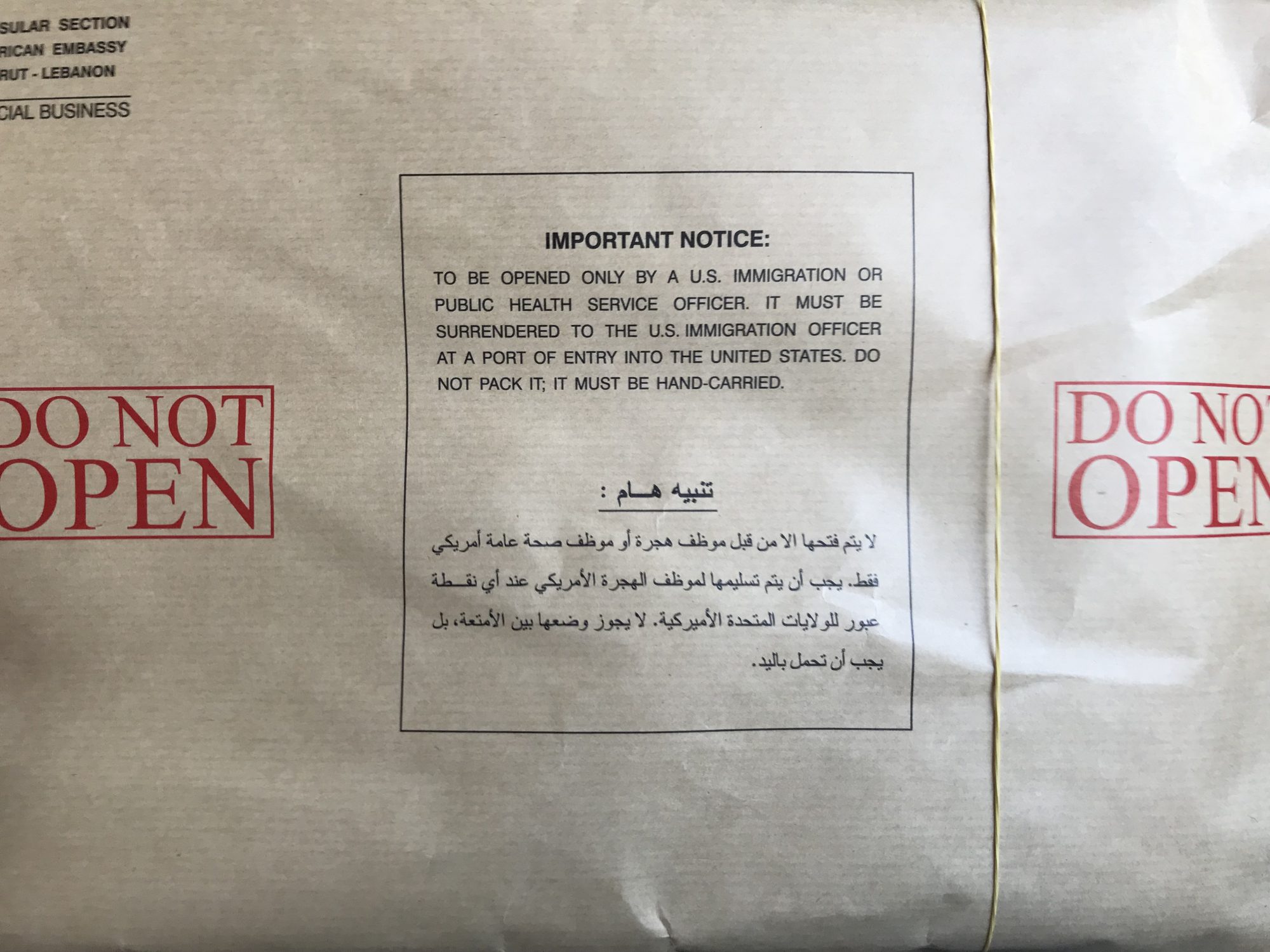I spent the day yesterday at a conference asking: “is Christianity worth saving?” All I knew about it was that it featured Brian McLaren, a post-evangelical theologian I’ve admired, & that it would have 3 sessions answering that question in 3 ways: “no,” “yes,” “what now?”
I was surprised to find a very non-traditional format for the event. Instead of a panel with a series of talks and Q&As, there was a circle of thinkers & doers from around the city taking turns to ask Brian questions that began with: “I’d be curious to know.” This was a full circle, so it meant that many “panelists” had their backs towards us; the reason given for this was that, otherwise, they would be performing to us & not having a genuine conversation with each other. It made me think of the liturgical debates on “ad orientem” vs “ad populum.”
I frankly found the whole thing a little frustrating, for various reasons, but also fascinating, for a couple more. After every session, I told myself I’d leave before the next one began, & yet, I couldn’t get myself to go. At one point, the master of ceremonies hinted at some grumblings in the room that probably echoed the ones in my head, encouraging us to think of this as going to the theatre & waiting to see how the story unfolds.
Something did unfold, for sure. The format gradually “extended the circle” so that there was less eavesdropping & more participation; more & more of the panelists also began to question key frames for the whole event: Why center Brian, a white cishet male? Why talk about “saving”? What is this “Christianity” we’re talking about, anyway?
All of this was well & good in & of itself; I learned the names & faces of some very interesting people in this city; I practiced the patience of having to navigate things in ways I would not; I also enjoyed seeing a potentially divisive day being negotiated with grace and warmth.
But the central question was irrelevant.
The day wasn’t about Christianity – not really. It was about race and power and gender and shame and history and fear and longing and regret. It was about finding a place at the table, keeping a place at the table, letting go of your place at the table, taking turns at different sides of the table, and maybe even overturning the whole thing, just like Jesus with the moneylenders.
I don’t think the format helped us get any closer to any answers, but I do believe it did bring us closer to each other in our shared dissatisfaction. Maybe these questions are only meant for that: to frustrate us and trouble the water.
